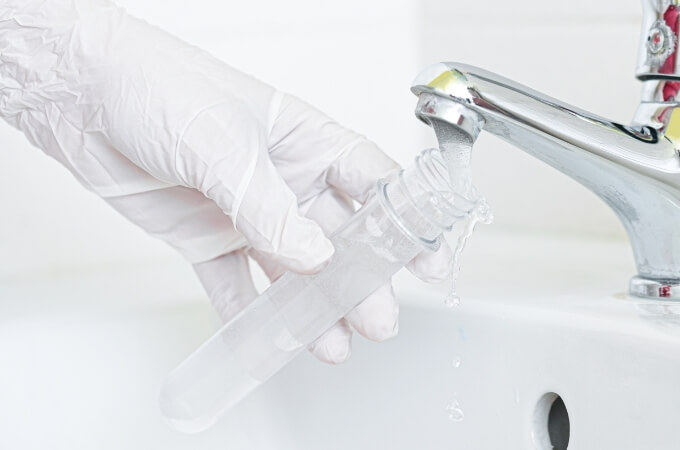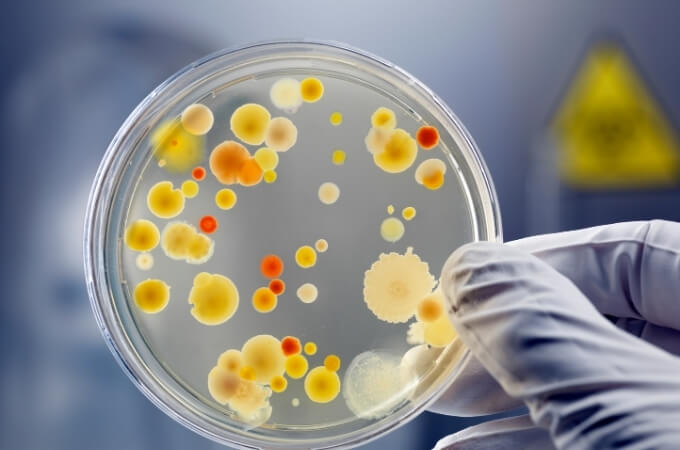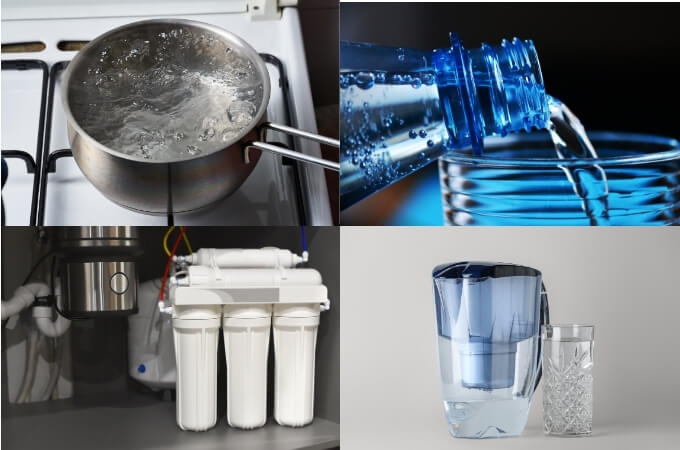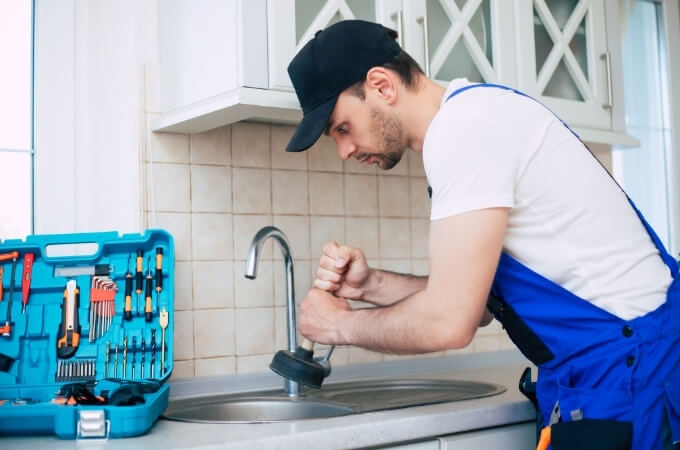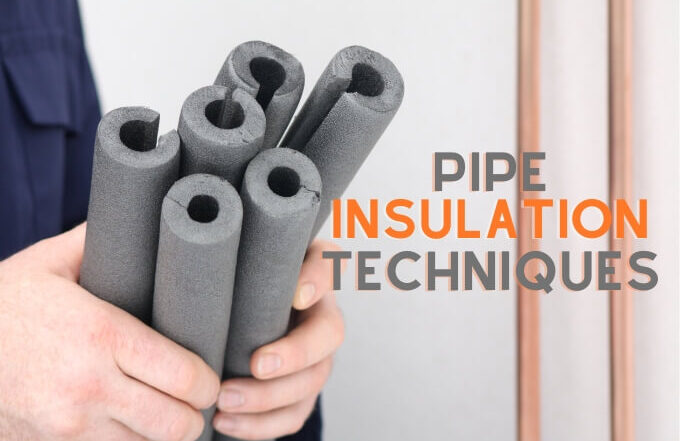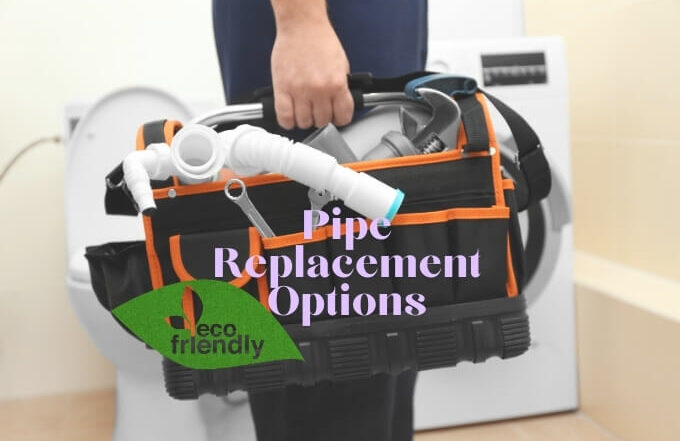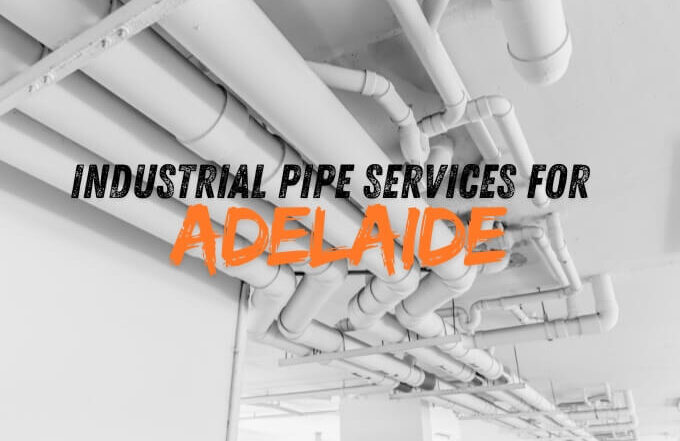Can you drink Adelaide tap water?
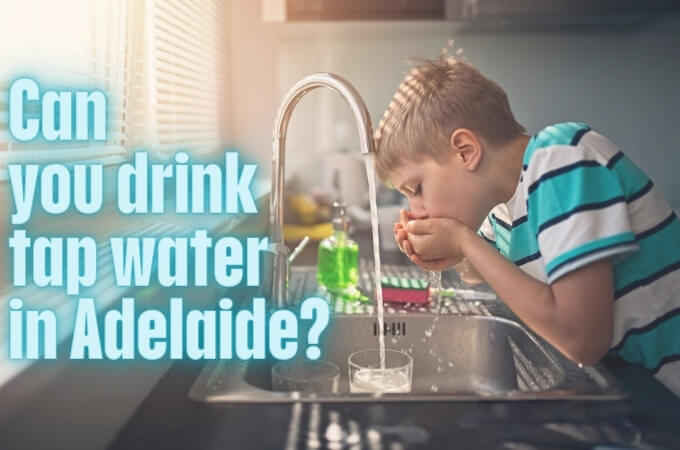
We all know that a clean drinking water source is necessary for good health and wellness in general. It not only promotes regular hydration but also ensures that our community is safe from illnesses that can be transmitted from water. Adelaide’s main sources of tap water are the River Murray, surrounding reservoirs, and groundwater; all are appropriately treated and managed to comply with strict safety standards set by health authorities. However, given differing viewpoints and sensitivity levels, one may wonder: Is tap water safe to drink in Adelaide? Continue reading to find out what makes Adelaide’s water system special and if drinking straight from the tap is safe.
Can You Drink Tap Water in Adelaide
- Quality of Tap Water in Adelaide
- Health Risks Associated with Drinking Tap Water
- Alternatives to Tap Water
- Extra Tip for Maintaining Safe Tap Water in Your Home
Quality of Tap Water in Adelaide
A. Testing and regulation of water quality
Adelaide’s health authorities enforce restrictions that control the quality of tap water. SA Water’s Quality and Testing conducts ongoing testing in compliance with the Australian Drinking Water Guidelines. To ascertain the chemical and microbiological composition of the water, regular samples and analysis are required.
B. Potential contaminants and their levels in Adelaide’s tap water
Adelaide’s health authorities enforce restrictions that control the quality of tap water. SA Water’s Quality and Testing conducts ongoing testing in compliance with the Australian Drinking Water Guidelines. To check the chemical and microbiological composition of the water, regular samples and analysis are required. This testing process addresses a common question among residents and visitors: can you drink Adelaide tap water? By ensuring that the water meets strict safety standards, Adelaide’s system aims to maintain high-quality drinking water for everyone.
C. Comparison of Adelaide tap water quality with other cities
According to Complete Home Filtration, Adelaide’s tap water has often been regarded as having a less desirable taste than that of other Australian capital cities. This perception dates back to the 1970s when South Australians in suburbs such as Prospect, Semaphore Park, and Tea Tree Gully would frequently add cordial to their tap water or opt for rainwater due to the poor taste. While the quality of Adelaide’s tap water has significantly improved over the decades, challenges remain due to its geographic and environmental conditions, particularly affecting areas like Campbelltown and Unley.
In South Australia, the River Murray serves as the main source of water for many surface reservoirs, either directly or indirectly. Because drinking water gathers a variety of impurities during long-distance transport, higher chlorine levels are required to ensure safety. Adelaide is somewhat distinctive in this sense because of its location near the mouth of the Murray River. Moreover, desalination, groundwater, and reclaimed water utilisation are crucial, especially in places where surface water access is irregular. This brings up an important question: is tap water safe to drink in Adelaide?
On the other hand, cities like Perth experience problems with water hardness, just like Adelaide does. On the other hand, because they are closer to cleaner water sources or more sophisticated water treatment techniques, residents of other capital cities usually report softer and better-tasting water. For further research and insights into the variations in tap water quality throughout Australia, including Adelaide’s position, see the website of Complete Home Filtration. There, talks about the need for the advanced filtration systems and ongoing improvements to water treatment methods are emphasised.
Health Risks Associated with Drinking Tap Water
Even though Adelaide’s tap water usually satisfies strict safety regulations, it’s crucial to be aware of the possible health dangers connected to drinking tainted water. Recognising these dangers aids in the management and prevention of water quality-related health problems.
A. Potential Health Risks of Consuming Contaminated Water
The consumption of tainted tap water might lead to many health problems. Long-term health effects of chemical pollution can include kidney damage, neurological problems, and difficulties reproducing. Pesticides, industrial chemicals, and heavy metals (including lead and mercury) are some examples of these pollutants. Microorganisms such as bacteria, viruses, and parasites are considered biological pollutants and can immediately lead to digestive and respiratory issues. Even elevated levels of naturally occurring mineral concentrations may be harmful to health if they exceed safe thresholds. This raises an important question for the people: can you drink tap water in Adelaide?
B. Common Waterborne Illnesses
Waterborne illnesses are mainly caused by pathogens present in contaminated water. According to the News Medical Life Sciences, the most common waterborne diseases are listed below.
Common illnesses include:
- Hepatitis A: A viral liver infection that can spread through inadequately treated water.
- Diarrhea: Mainly affects children below five years of age. The symptoms include dizziness, dehydration, pale skin, and loss of consciousness.
- Cholera: Caused by bacteria called Vibrio cholerae. You will experience diarrhea, vomiting, fever, and abdominal cramps.
- Typhoid: This is caused by Salmonella typhi bacteria. The patients will suffer from fever, loss of appetite, nausea, headache, constipation, and loss of body weight.
Alternatives to Tap Water
Although Adelaide’s tap water is generally safe and well-managed, people may still search for alternatives for a variety of reasons, which include specific health concerns, additional safety concerns, or personal taste preferences. Some options to tap water that people often consider are as follows
A. Bottled Water
Bottled water is a popular replacement due to its cleanliness and convenience of usage. It can be found in many different forms, such as spring water, mineral water, and purified water. Even though bottled water is regulated for safety, the expense of packaging and transportation frequently drives up both the financial and environmental costs. Because bottled water can vary greatly in quality between brands, buyers should be aware of the source and kind of water they are purchasing. This variability often leads to the question: is tap water safe to drink in Adelaide? Comparing the safety of bottled water with tap water might help Adelaide people to make informed choices about their drinking water.
B. Water Filtration Systems
One practical way to improve the taste and quality of tap water in one’s home or place of business is to install a water filter system. Using more advanced under-sink or whole-house filtration systems can handle a wider range of pollutants, including heavy metals, chlorine, and some organic compounds, and can be used in place of basic jug filters that remove typical contaminants. Also, Filtration systems are particularly alluring to those who want to reduce specific contaminants that may be difficult for municipal treatment processes to totally eradicate.
C. Boiling Water
Boiling water is one of the most traditional and efficient ways to purify water since it eliminates biological contaminants, including bacteria, viruses, and parasites. It is safe to consume water that has been boiling for at least one minute (three minutes at higher elevations). Before relying solely on boiling, it is necessary to determine the type of potential water pollution according to the Centers for Disease Control and Prevention.
Extra Tip for Maintaining Safe Tap Water in Your Home
The safety and quality of tap water are affected by the condition of the plumbing in your own home, not just in the facilities used for municipal treatment. Regular maintenance is necessary to prevent contamination from aging or damaged pipelines.
It is advisable to have frequent plumbing system inspections performed by certified plumbers in your home. This can help find and fix any issues that could be affecting the quality of your water, like leaks or the presence of hazardous materials like lead in old pipes. Regular testing ensures that the water coming from your tap is pure and safe.
For residents of Adelaide looking for reliable plumbing services, Will’s Plumbing Adelaide is a respectable option. Will’s Plumbing Adelaide is well known for their expertise and trustworthy support. They offer a range of services, including pipe relining, blocked drain service, and leaking tap repair, to ensure the safety and quality of tap water. By assisting with everything from routine maintenance to emergency repairs, they can ensure that your tap water system is functioning safely and correctly.
Conclusion
Adelaide’s tap water is carefully regulated and tested to ensure that it meets all national safety standards and is safe to consume. The city’s water quality management effectively minimises health risks associated with dangerous substances by regularly monitoring several parameters. There are boiling water solutions, filtration systems, and bottled water available for individuals who would prefer alternatives. The benefits of each option may vary according to the user’s requirements.
So, the concern for the question “Can you drink tap water in Adelaide?” is definitely safe for both residents and visitors to drink. However, those with specific health issues or taste preferences may find it useful to look into alternative water sources. Knowing the quality of the water one drinks can help one make the best selections for their requirements.
